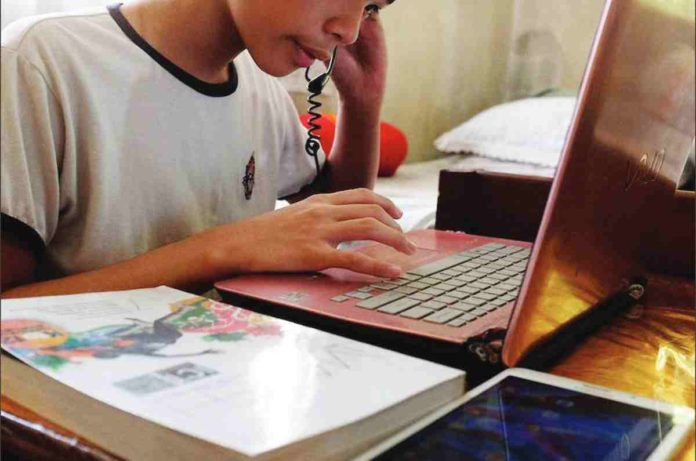
THE Philippines continues to lag behind some of its Southeast Asian neighbors in terms of internet connectivity, according to the World Bank’s “Better Internet for All Filipinos” 2024 report.
The study revealed that the country’s internet connectivity “lags in affordability, speed and access, creating an uneven landscape for digital participation.”
It added that this curbs digital potential for citizens and businesses, and is a lost growth opportunity for Filipinos.
Citing several studies, the World Bank report showed that in fixed broadband, for example, the Philippines’ average speed is 92Mbps. That’s lower than Singapore’s 264Mbps, Thailand’s 216Mbps, Malaysia’s 112Mbps, Vietnam’s 105Mbps, and Brunei’s 94Mbps.
Indonesia, Laos, Cambodia, and Myanmar reported lower speeds.
The penetration of fixed broadband access in the Philippines is at 33 percent, lower than Singapore’s 111 percent, Brunei’s 108 percent, Vietnam’s 76 percent, Thailand’s 58 percent, and Malaysia’s 50 percent.
The price, however, of fixed broadband in the Philippines is among the highest in the region at 11.3 percent of the gross national income (GNI) per capita.
Only two countries have more costly broadband than the Philippines in Southeast Asia – Cambodia and Myanmar, which were at 11.6 percent and 15.3 percent of GNI per capita, respectively.
Mobile broadband figures reported similar rankings, with the Philippines having the slowest mobile download speed and costing more than many countries in Southeast Asia.
At the Future of Philippine Connectivity forum in Quezon City, National Economic and Development Authority (NEDA) secretary Arsenio Balisacan agreed that the country needs to do more to improve internet connectivity.
Department of Information and Communication Technology (DICT) secretary Ivan John Uy added the agency is now implementing various programs to bring free internet connectivity to remote areas.
He said the agency wants to have about 25,000 free Wi-Fi spots around the country this year.
The World Bank report also cited the need to reform regulatory policies as many are already outdated, such as the Radio Control Act of 1931, which governs spectrum management in the Philippines.
Both Balisacan and Uy agree that policy reforms are needed.
NEDA is pushing for the Konektadong Pinoy bill or the Open Access in Data Transmission Bill to improve the internet infrastructure and lower its cost.
He added the Open Access bill would benefit the public.
The USAID Beacon Project, which co-organized the forum, also said the Philippines needs to improve connectivity because better internet go hand in hand with economic growth and development. (ABS-CBN News)







